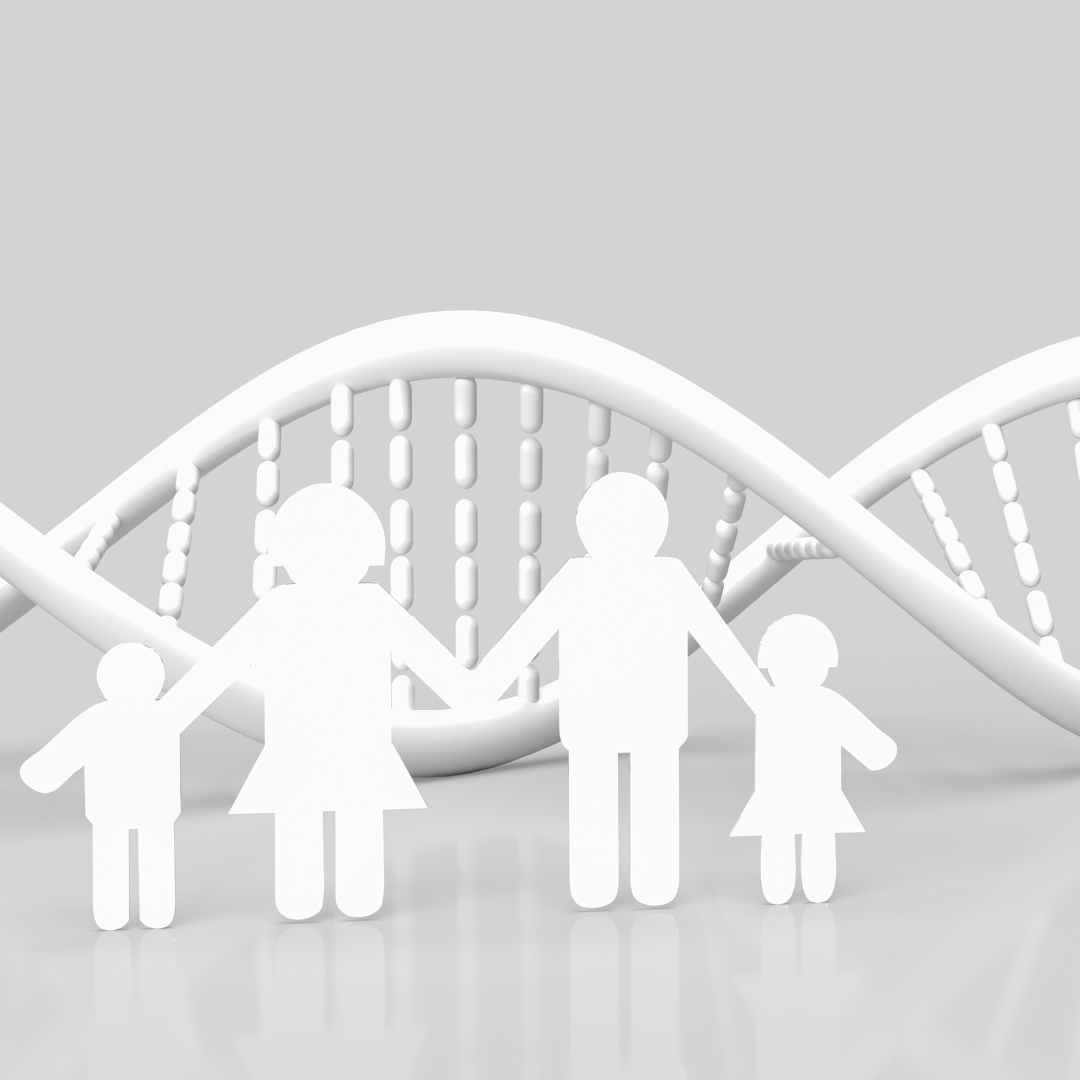
As a woman, you know that somewhere in the future lurks the state of menopause, but perimenopause is talked about much less often.
Menopause, for many women, doesn’t just mean the end of their monthly periods. For many women, this milestone also symbolizes getting older, and no longer being of childbearing age. This phase of health is an inevitable part of a woman’s life that comes with aging. It’s not a question of if it will happen, but more a question of when it will happen, as it’s different for every woman. However, menopause doesn’t come in one big-go, like flipping an off switch. Many gradual and complex changes will happen before the complete cessation of your menses.
There’s a whole phase before menopause that hardly anyone mentions until they feel a slew of symptoms. Perimenopause is barely talked about, which is unfortunate, because it can potential affect your sexual function and even fertility. Thus, it is vital to educate yourself on perimenopause symptoms. After all, it’s not unheard of for women as young as their 30s to experience perimenopause. Below is an overview of what you need to know about perimenopause, so you can notice or alleviate any symptoms, and ensure that its onset doesn’t adversely impact your quality of life.
What Exactly is Perimenopause?
Technically speaking, perimenopause translates to “around menopause” or “near menopause” from its prefix, peri. It refers to the timeframe when your body makes a natural transition to menopause or the end of your reproductive years. Another term for this is menopausal transition or climacteric syndrome.
This condition is not a disorder or a disease. It just marks the onset of menopausal symptoms like hot flashes or vaginal dryness. Moreover, you will experience radical changes in your menstrual cycle, which may also involve physical changes and emotional upheavals. This is due to hormonal fluctuations.
When perimenopause begins, your levels of the primary female hormone called estrogen rise and fall without any pattern. As a result, your body’s menstrual cycle may become longer or shorter. This means you could have your period every 3 weeks or even twice in one month. Of course, this menstrual irregularity can be very frustrating. Not knowing when your monthly period comes can affect your plans, especially when you have a heavy flow that comes with dysmenorrhea or cramps.
Other issues you can possibly contend with are PMS symptoms like bloating, mood swings, cravings, and breakouts. You may also feel your sex drive take a hit because of vaginal dryness due to hormone imbalance. Fortunately, this period will not last forever. Once you’ve had 12 consecutive months with no menstruation, the perimenopausal phase is over and you’ve officially reached menopause.

When Does Perimenopause Occur?
There is no set age when perimenopause starts. Women can start this menopausal transition at any age based on their body’s unique composition. Even genetics can play a role, especially if your grandma, mom, or aunts experienced the early onset of perimenopause and menopause. Typically, studies indicate that the sooner you start your period, the sooner the onset of perimenopause and menopause.
For most women, menstrual irregularity and other symptoms of perimenopause begin at 40s. Other women can notice these changes as early as mid-30s. This period can last for 2 years up to 10 years. During this period, your body does the following:
- The ovary releases fewer eggs in regular intervals
- Produces less estrogen and other hormones like progesterone
- Short and irregular menstrual cycles (you also might notice you get your period sooner, such every 3 weeks, although this doesn’t always mean you’re in perimenopause.)
- Becoming less fertile, and it will become more difficult to conceive
Bear in mind, although you may not be experiencing regular periods and there’s a decline in ovulation or release of fertile eggs in your uterus, you can still get pregnant during perimenopause. Thus, if you want to avoid conception, don’t merely rely on tracking your period because it is unreliable at this phase. Instead, take appropriate contraceptive measures to avoid any unwanted pregnancies.
Is Perimenopause a Cause for Concern?
One of the hallmarks of perimenopause is irregular periods. It is a natural process since your ovaries gradually stop working, along with the reproductive hormones. Ovulation and periods become erratic until full cessation, which is menopause. Symptoms like hot flashes or night sweats are due to the changing hormone levels in your body.
Typically, this is normal and nothing to be worried about, especially if you are updated on your female preventive checks like a pap smear for cervical cancer prevention or a mammogram for early breast cancer detection. After all, both of these female cancers are also known to result in hormonal imbalances that may affect the regularity of your periods.
However, for others, perimenopause can be induced by certain conditions such as surgical removal of the ovaries, various hormonal imbalances, or medical treatments like radiation or chemo.
For some women, the early onset of menopausal symptoms, especially during mid-30’s can be potentially bothersome. Since it can result in a decline in your fertility, it can affect your plans, especially if you want to have children. In this instance, you must work with your gynecologist or reproductive health specialist to see if there are therapies like hormone replacements that can help you cope with the symptoms and help with family planning.

What are the Signs of Perimenopause?
Perimenopause is unique for every woman. There’s not a single test that can determine you’ve begun this phase. Your physician will take many things into account such as your age, menstrual history, body changes, and symptoms. The following are the most common signs and symptoms of perimenopause:
- Irregular periods
- PMS-like symptoms
- Changes in mood
- Hot flashes and excessive sweating
- Headaches
- Changes in sexual function
- Sleeping problems
- Night sweats
- Joint and muscle pains
- Frequent peeing and bladder issues
- Vaginal dryness
- Bone loss
- Cholesterol issues
Keep in mind that symptoms of perimenopause can also be similar to other health conditions like heart disease and thyroid problems. Thus, it is vital to consult your healthcare provider to verify everything and ensure you’ve got the correct diagnosis.
When to Seek Medical Advice for Perimenopause?
Some women don’t seek medical counsel for perimenopausal symptoms because they find the changes tolerable. Their symptoms may not be severe enough to warrant medical intervention. In fact, since some symptoms are subtle or come gradually, many women don’t connect their body’s changes and period fluctuations to perimenopause.
This condition doesn’t need treatment unless the symptoms like bladder control or sexual function are out of hand and impact your quality of life. In these cases, it is advisable to seek medical counsel for appropriate treatments. There is no standard solution because your doctor will curate a treatment plan based on your symptoms’ severity. Some treatments may include a combination of hormone therapy to level things out and alleviate certain symptoms or antidepressants to stabilize mood.
Your doctor will also encourage you to eat a healthy diet with lots of veggies, fruits, whole grains, lean proteins, and healthy fats because declining estrogen levels can lead to unfavorable changes in your blood chemistry, especially your cholesterol levels. There’s a decrease in HDL or good cholesterol and an increase in LDL or bad cholesterol. This condition will increase your risk for heart disease.
On top of that, your physician will most likely recommend that you take 1,000 mg of calcium and 600 IU of vitamin D per day. If you cannot get it through your diet, you will be prescribed supplements. You may be wondering why there is a sudden emphasis on these nutrients. That’s because declining estrogen during perimenopause means you begin losing more bone mass quickly, increasing your risk of osteoporosis, a bone disease that results in fragile bones and frequent fractures.
Working with your gynecologist during this delicate period is crucial to your overall health. Your doctor can help you identify triggers of symptoms, which you can then avoid. Keep in mind, your overall health plays a significant role in how well you can handle perimenopause symptoms. Apart from working with your doctor, taking an at-home DNA test like CircleDNA will allow you to make more informed healthcare decisions. The DNA test reports include your health and disease risk profile based on your genetics.






